Japan is one of my favorite destinations in Asia! It offers countless attractions, activities, and fascinating places to explore!
A land of fascinating contrasts, Japan seamlessly blends ancient traditions with cutting-edge technology and modern development. Whether you’re wandering through the vibrant streets of Akihabara or admiring the historic temples in Asakusa, there’s something here for everyone. And let’s not forget about all of the incredible food and shopping! I’m still dreaming about the mouthwatering sushi, flavorful soba, and comforting bowls of ramen.
Ready to experience it all? Here’s my ultimate Japan travel guide!
Best time to visit
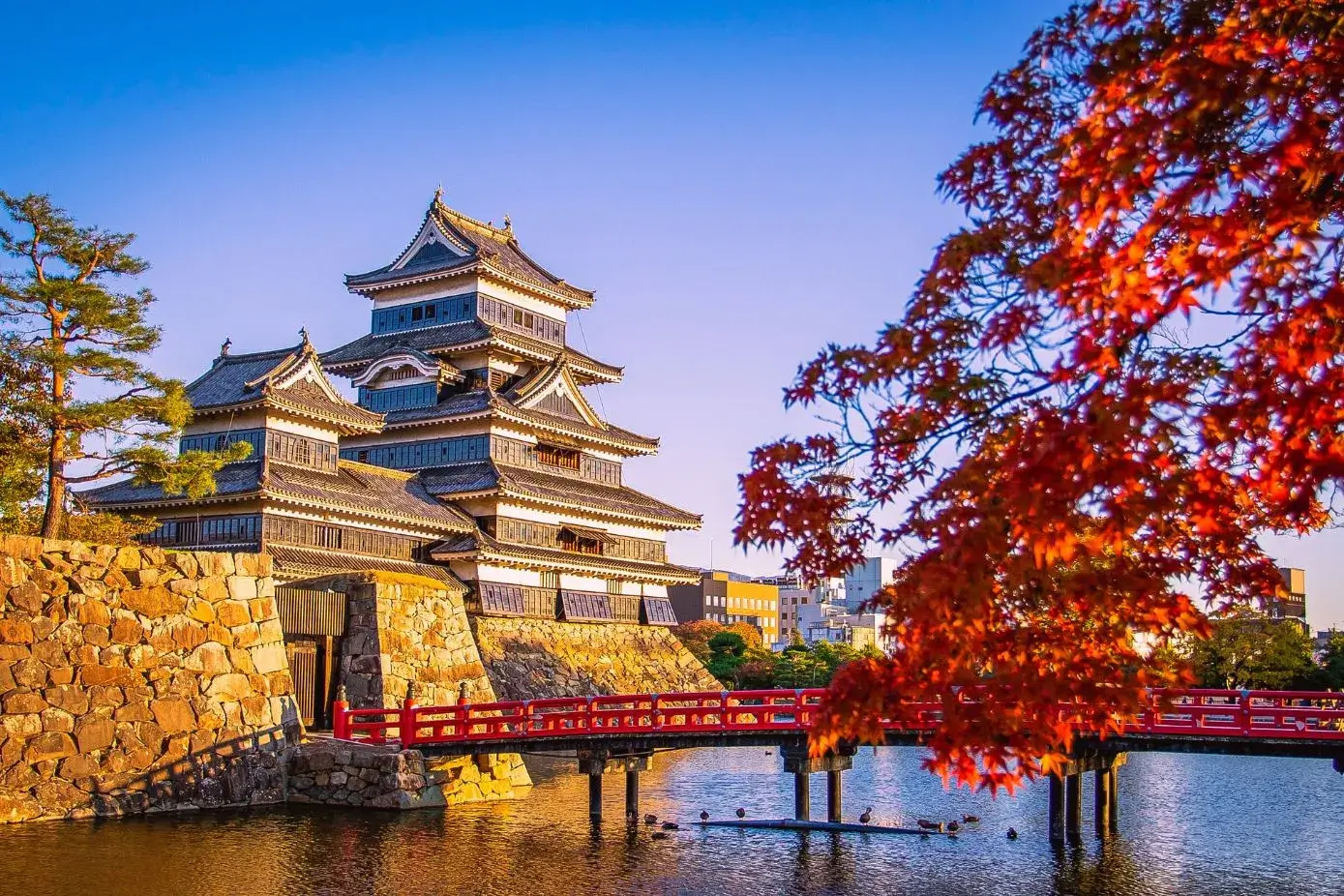
The best time to visit Japan is during spring (March to May) and autumn (September to November). It’s when Japan is at its most colorful with cherry blossoms and autumn red leaves.
For budget travelers, bundle up in your warmest jacket and plan your trip to Japan between mid-January and March. While the temperatures can be freezing, you’ll enjoy big savings on airfare, accommodations, and activities!
Find more details in my post on The Best Time to Travel to Japan!
WHAT TO EXPECT
Language: The national language of Japan is Japanese. English is widely spoken, especially in the tourism industry.
Currency: The official currency is the Japanese Yen (JPY).
Credit Cards & ATMs: In major cities like Tokyo and Osaka, credit cards are widely accepted for most purchases. However, cash is still essential for entrance fees, local markets, and visits to Japan’s more remote areas. If you need to withdraw cash, look for ATMs at 7-Eleven stores or post offices, as they typically accept foreign bank cards.
Safety: Japan is one of the safest countries in the world. Many hotels offer female-only accommodations, and most trains have dedicated female-only cars. Still, it’s always a good idea to stay mindful and practice common sense.
Latest articles
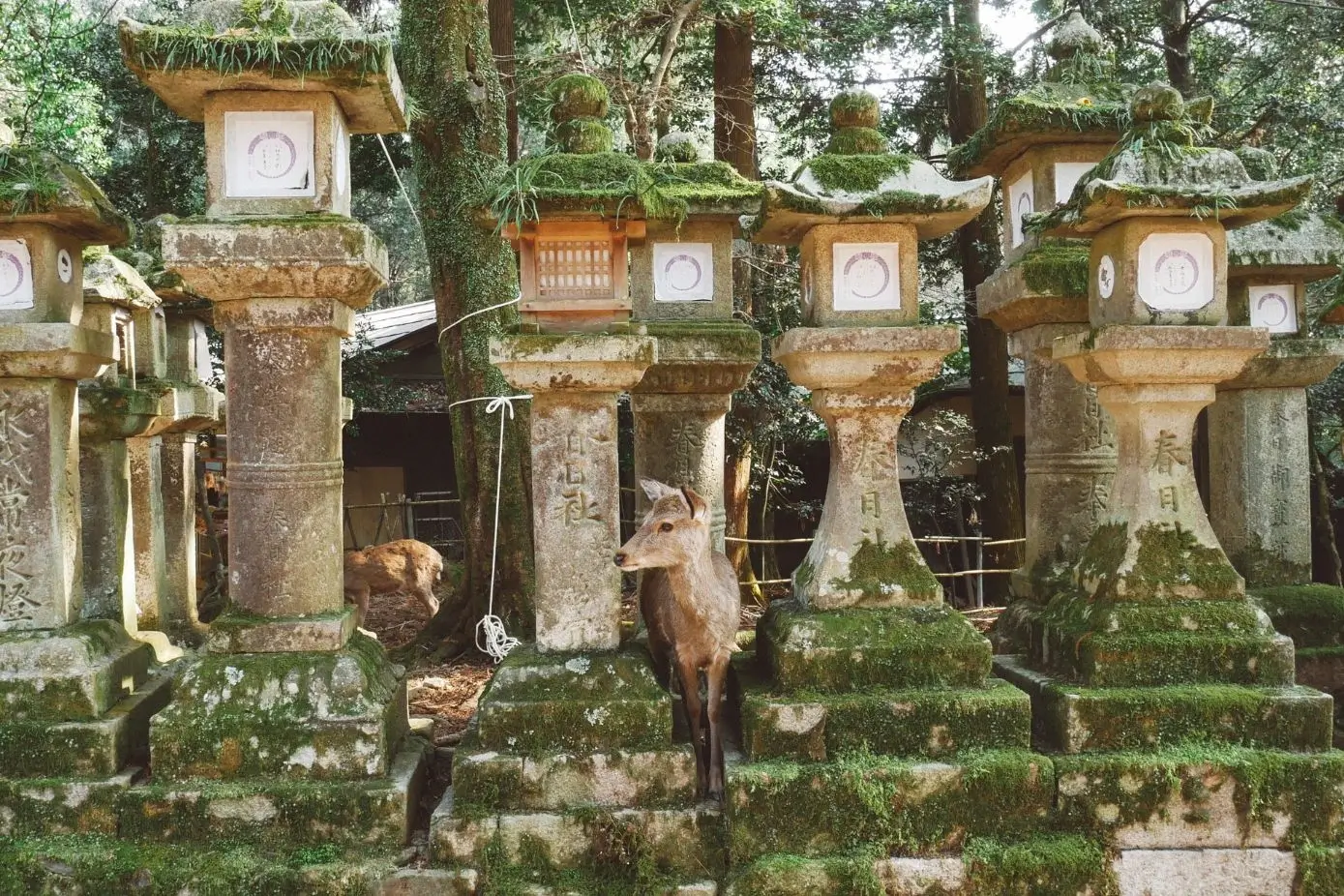
The Best Things to Do in Nara for an Awesome Day Trip
Nara, once the capital of Japan, is a city where history and tranquility meet. This ancient city, less than an …
READ MORE >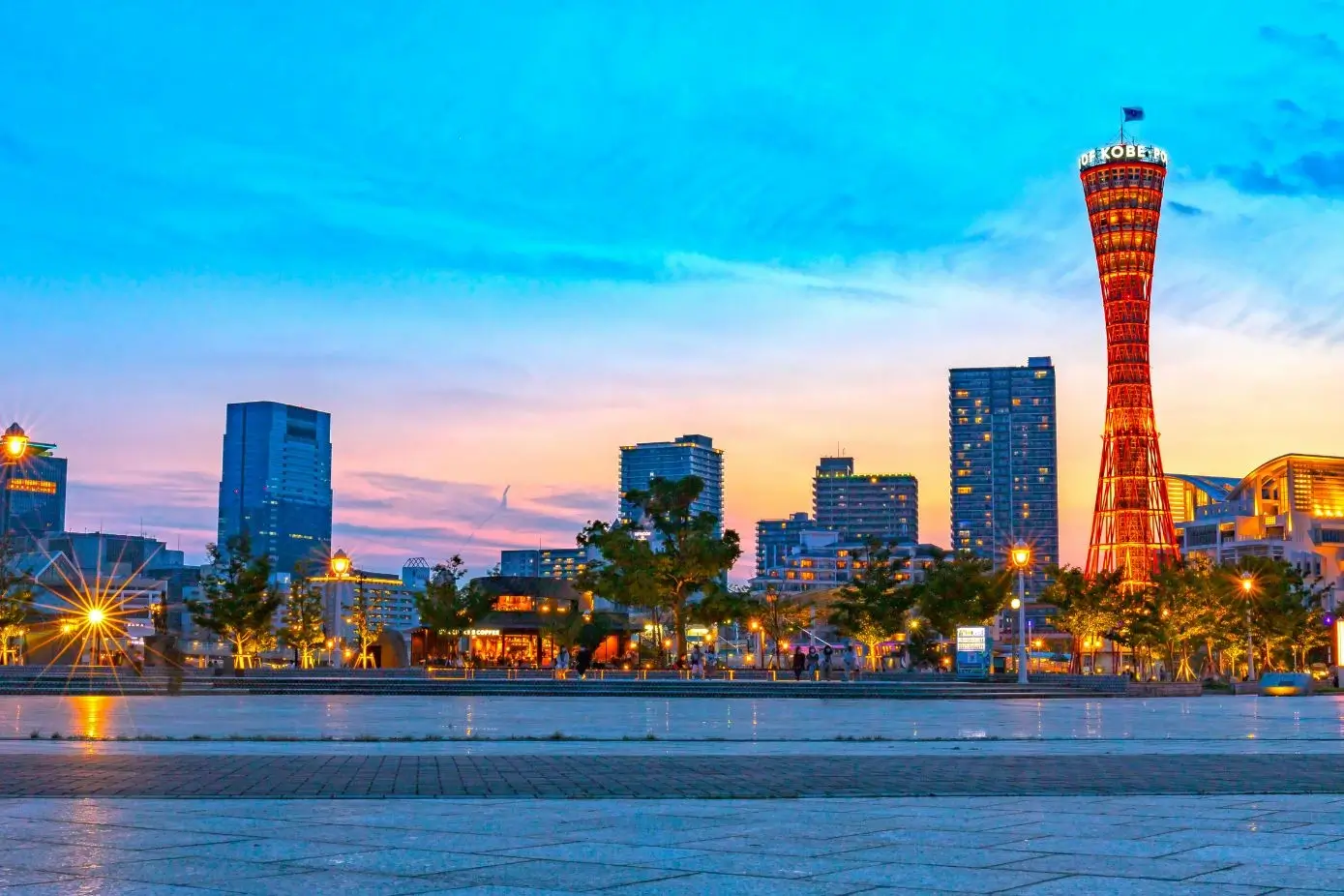
Discover the Best of Kobe: Top Attractions and Activities
Nestled between the sea and the Rokko mountain range, Kobe is a city that offers a rich tapestry of experiences. …
READ MORE >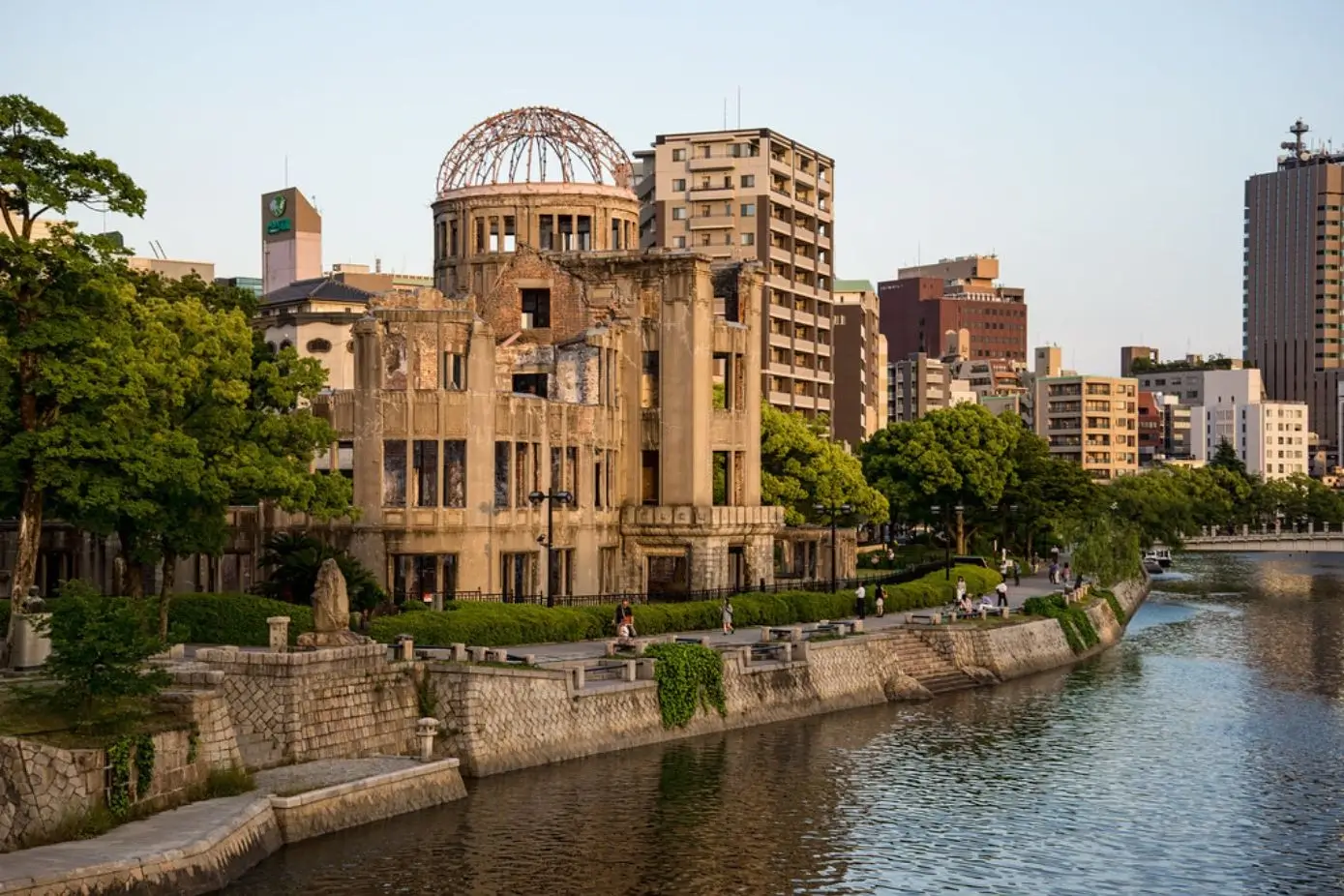
Hiroshima’s Hidden Gems: The Top 6 Things To Do
Hiroshima, a city reborn from its historical ashes, now stands as a vibrant destination brimming with culture, history, and natural …
READ MORE >
Basic Japanese Phrases for Travelers
Embarking on a journey through Japan is an exciting adventure, and having a grasp of basic Japanese phrases for travel …
READ MORE >
An Easy Guide to Japanese Public Transportation
Navigating Japan’s public transportation system is an integral part of the travel experience in this culturally rich and technologically advanced …
READ MORE >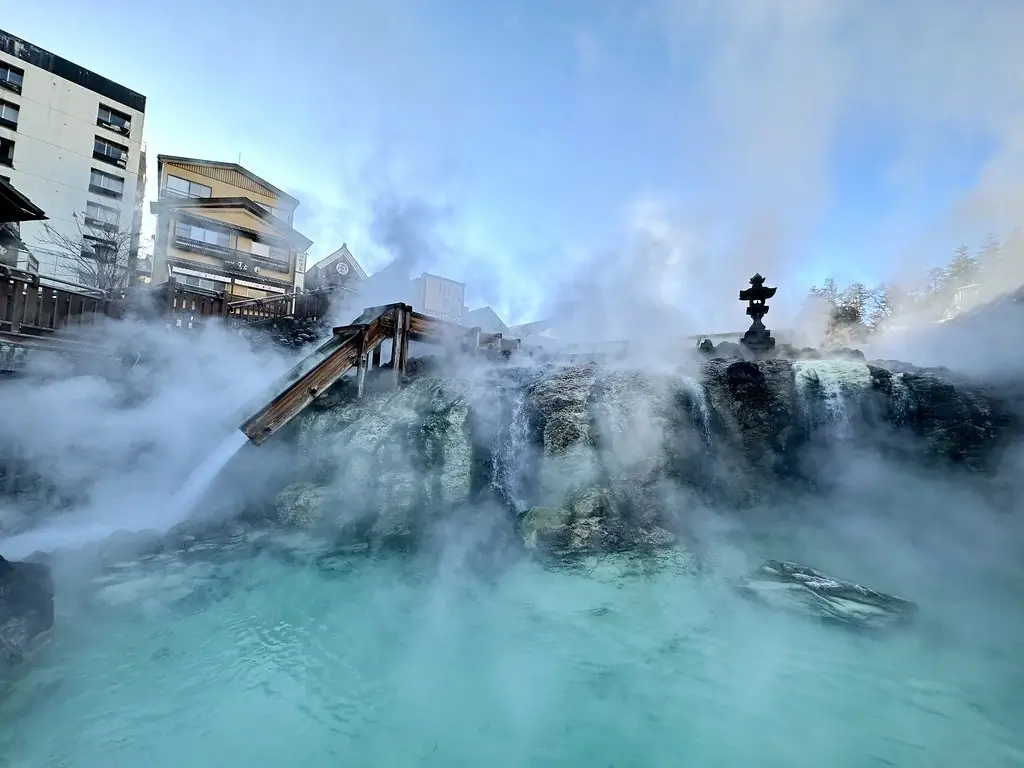
Top 10 Must-Visit Onsens in Japan
Japan, a land steeped in ancient traditions and natural beauty, is renowned for its onsens (hot springs). These tranquil havens …
READ MORE >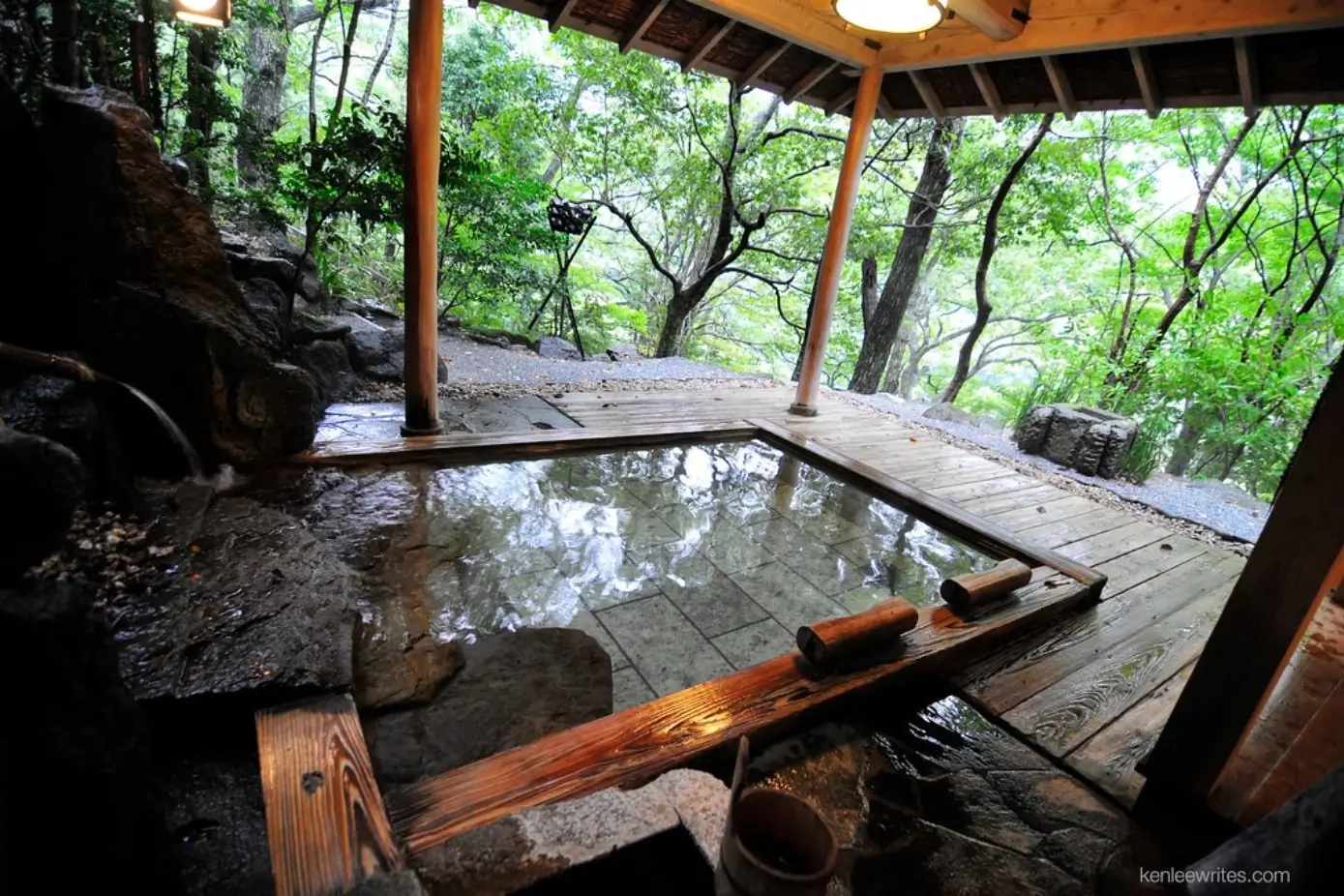
The Ultimate Guide to Onsen: Tips for First-Timers
An onsen, or Japanese hot spring, is more than a bathing experience. It’s a cherished cultural tradition in Japan. If …
READ MORE >
Best Time To Visit Japan: The Ultimate Guide to Japan’s Seasons
Japan’s distinct seasons each paint a unique landscape, offering travelers a diverse range of experiences. From the iconic cherry blossoms …
READ MORE >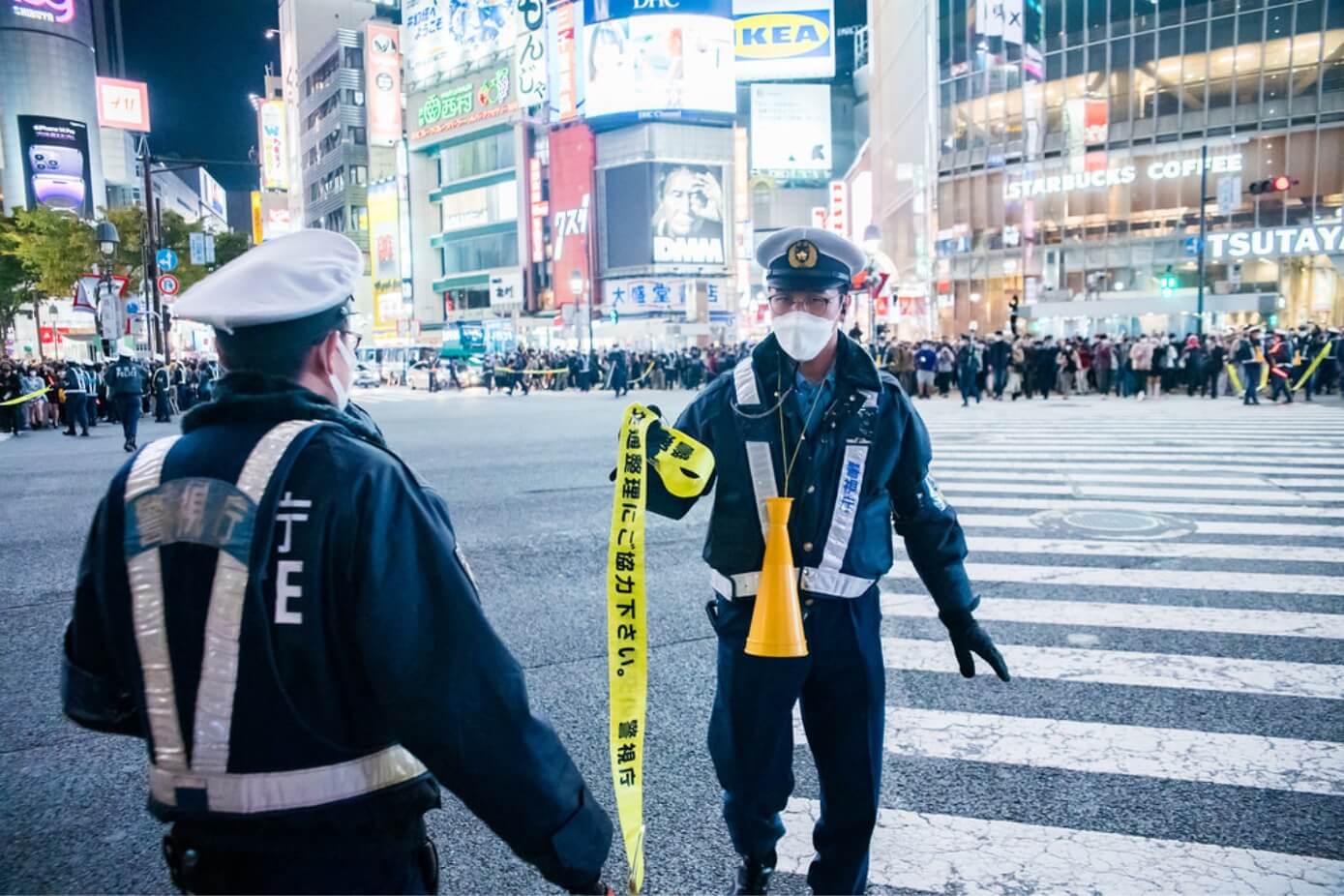
Is Japan Safe? A Complete Guide for Travelers
Japan is renowned for its rich culture, stunning landscapes, and advanced technology. But how safe is it for travelers? This …
READ MORE >
